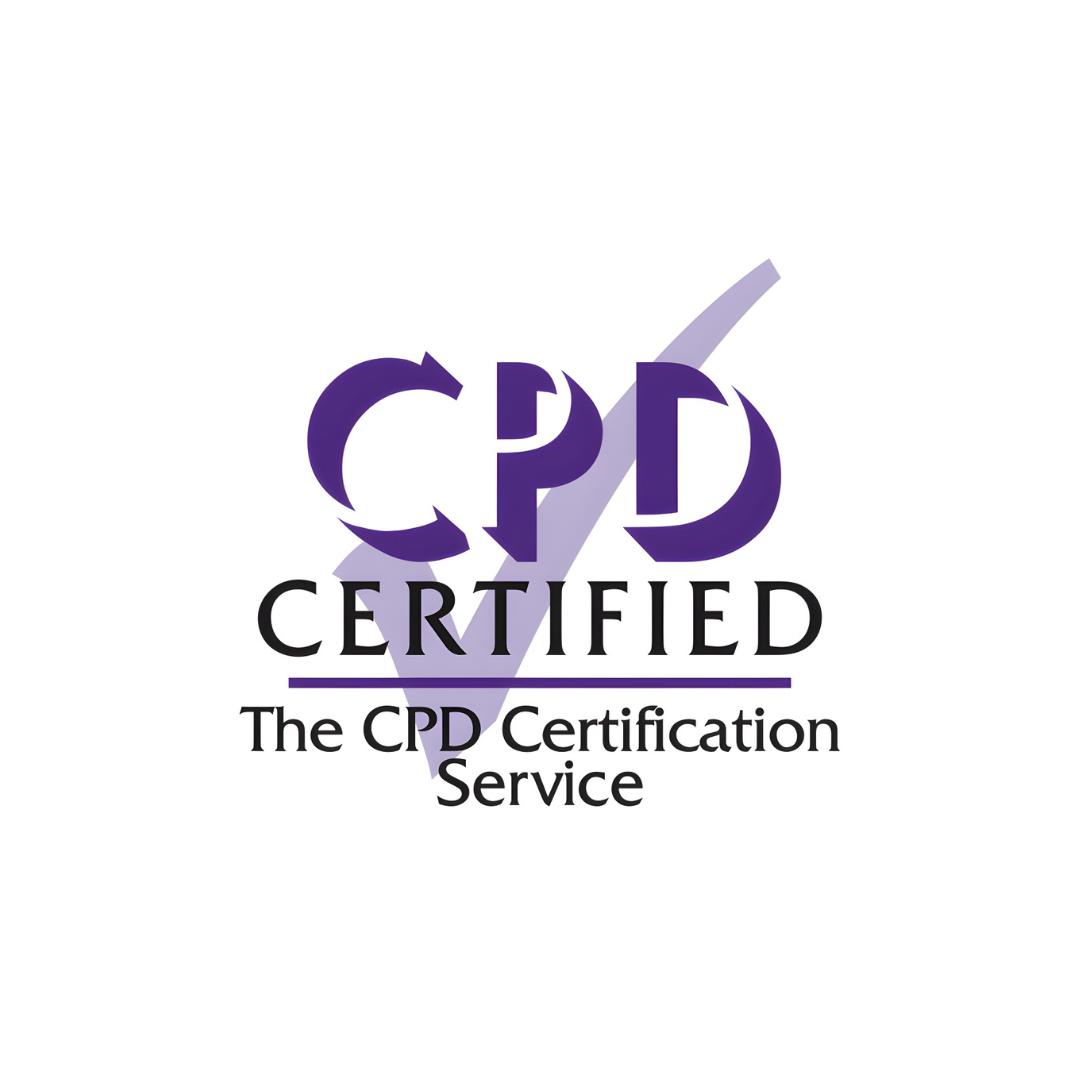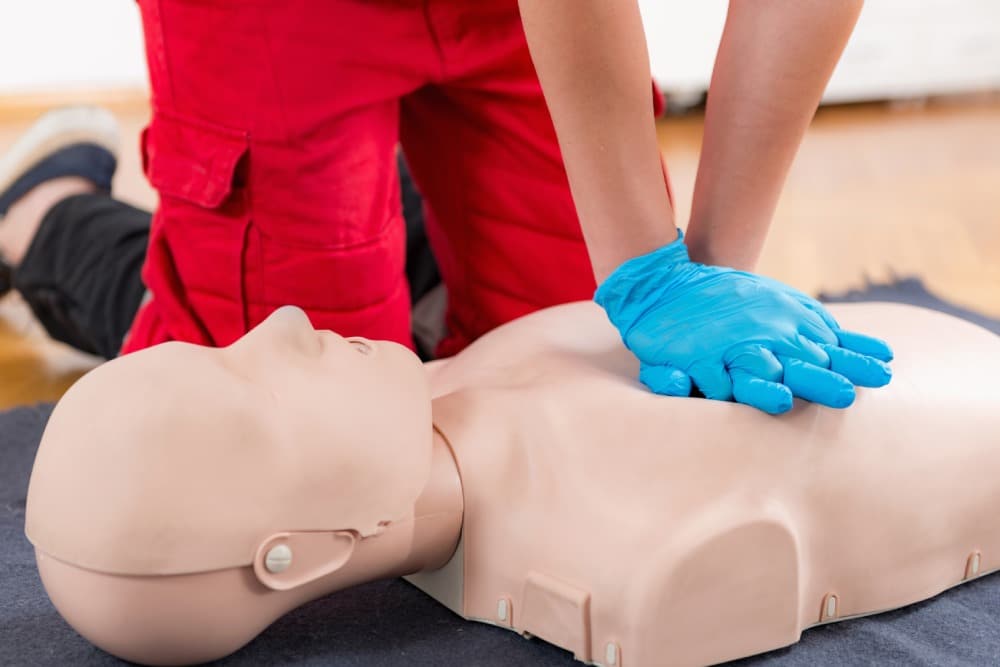The Reducing Restraint online training module aims to raise awareness and build staff competence in minimising the use of restraint and restrictive interventions in health and social care settings. It explores various forms of restraint—physical, mechanical, chemical, environmental, and psychological—alongside their legal, ethical, and human rights implications. The module promotes proactive, person-centred strategies and trauma-informed care to prevent escalation and support recovery. Rooted in national standards, it emphasises the importance of cultural change, reflective practice, and co-production with people with lived experience to ensure safe, compassionate, and rights-based care.
Reducing Restraint
The Reducing Restraint online training module aims to raise awareness and build staff competence in minimising the use of restraint and restrictive interventions in health and social care settings. It explores various forms of restraint—physical, mechanical, chemical, environmental, and psychological—alongside their legal, ethical, and human rights implications. The module promotes proactive, person-centred strategies and trauma-informed care to prevent escalation and support recovery. Rooted in national standards, it emphasises the importance of cultural change, reflective practice, and co-production with people with lived experience to ensure safe, compassionate, and rights-based care.

1.5 Hours

Mobile friendly



